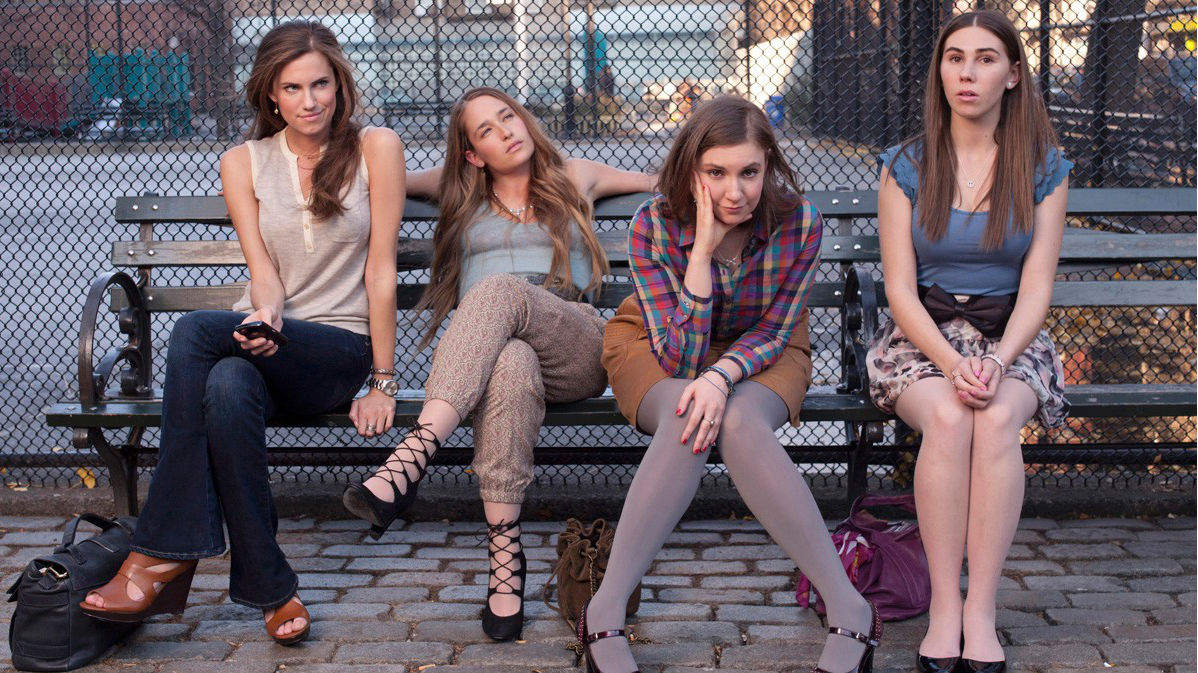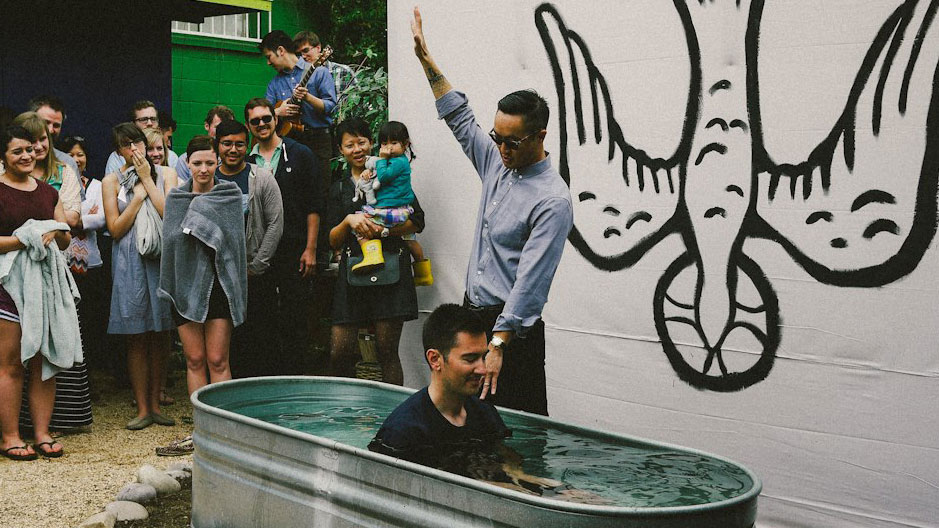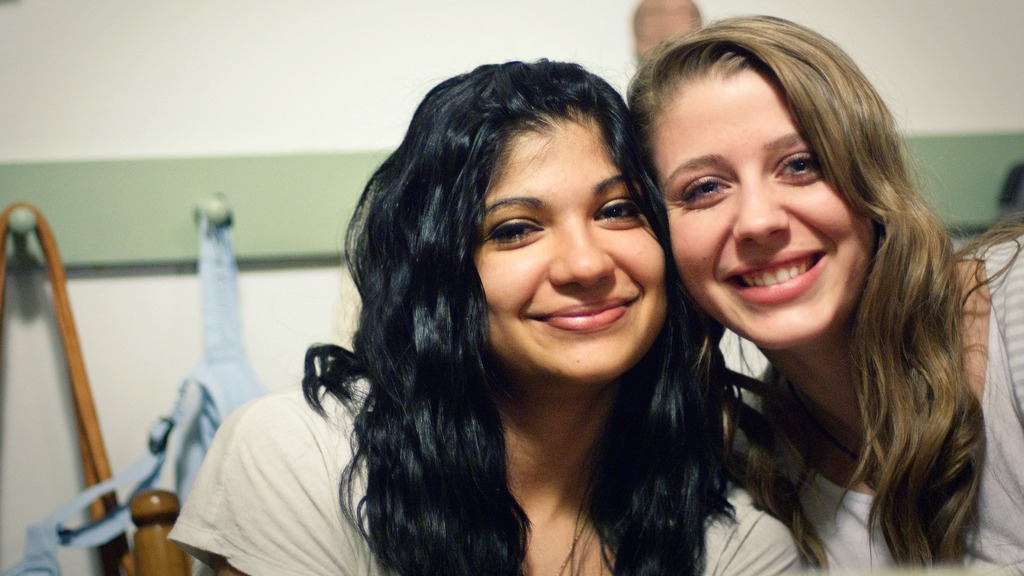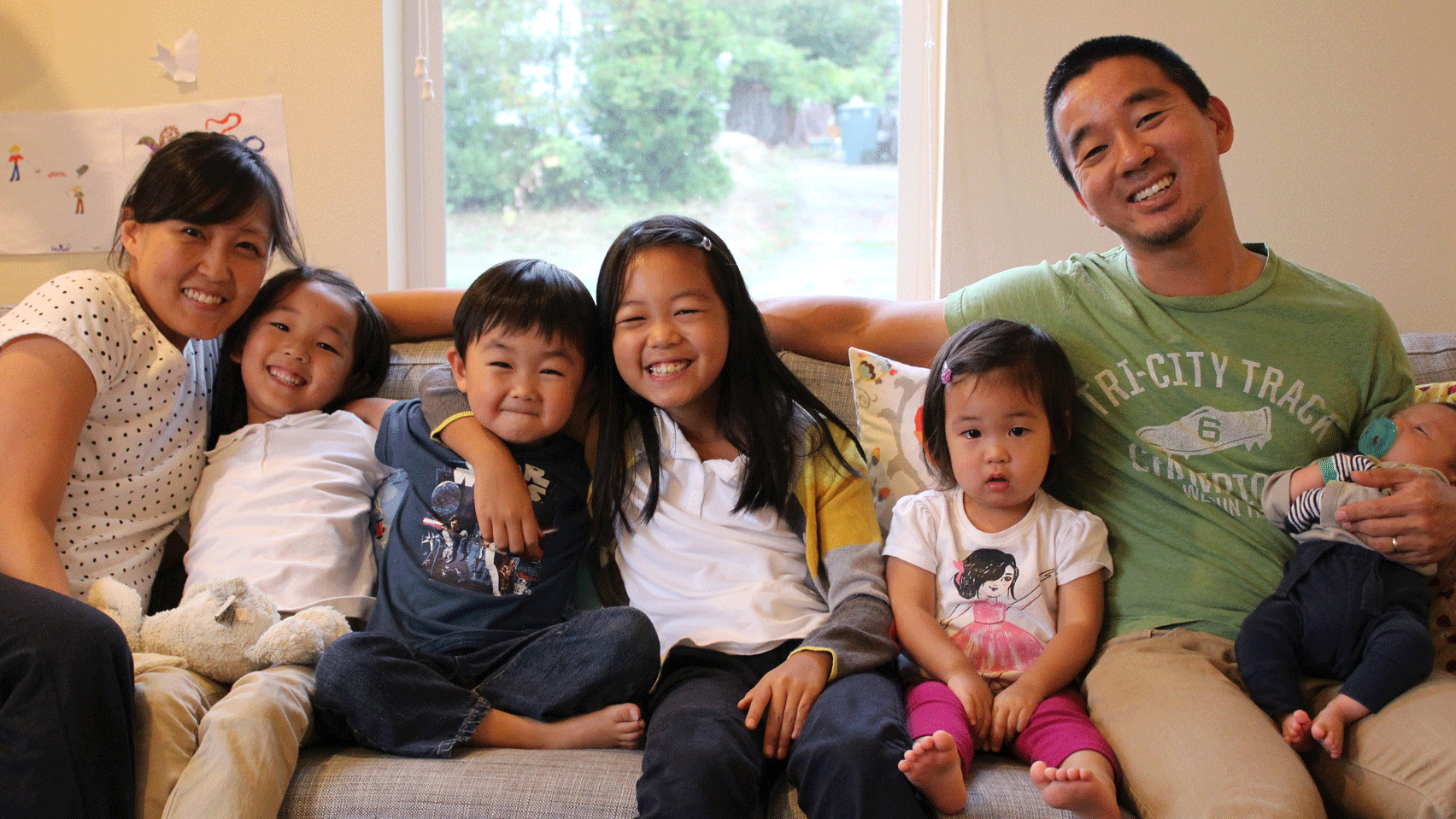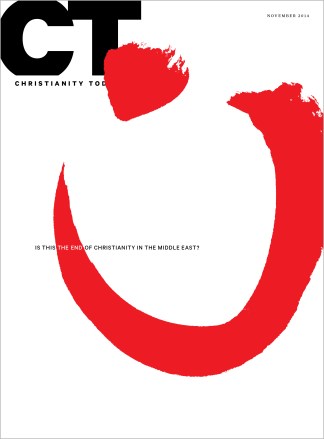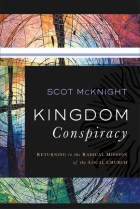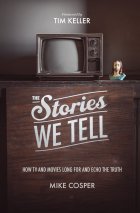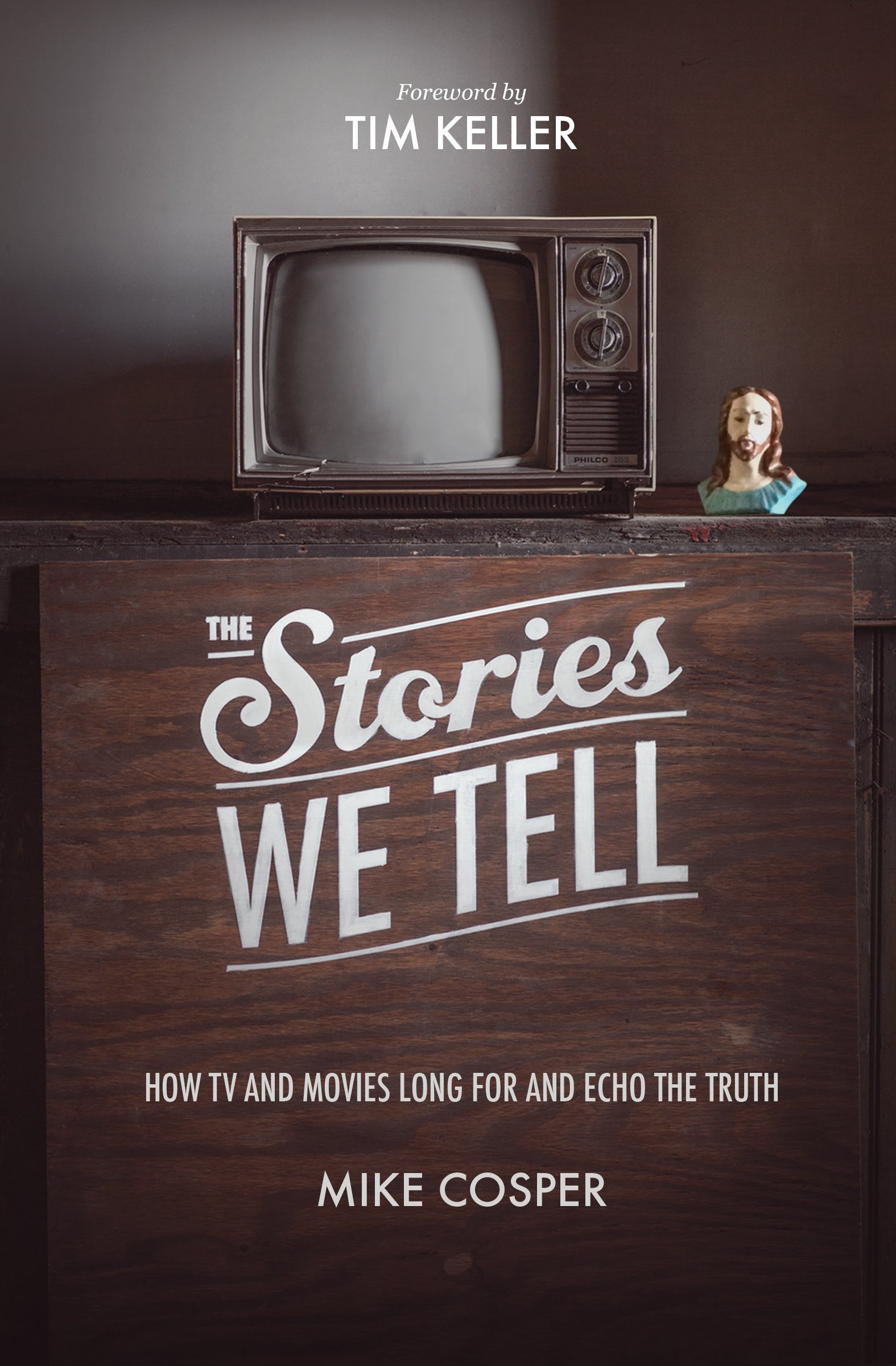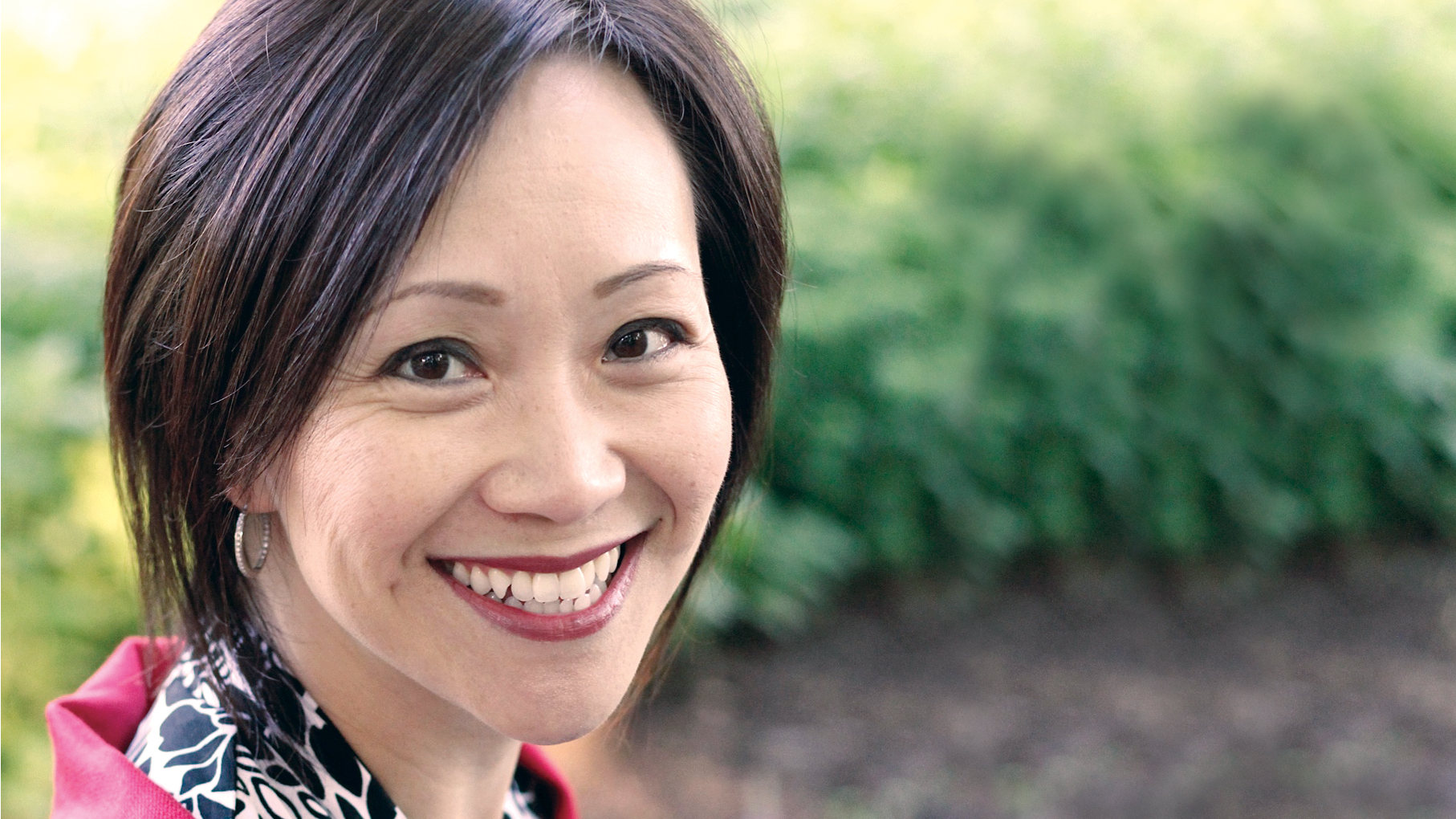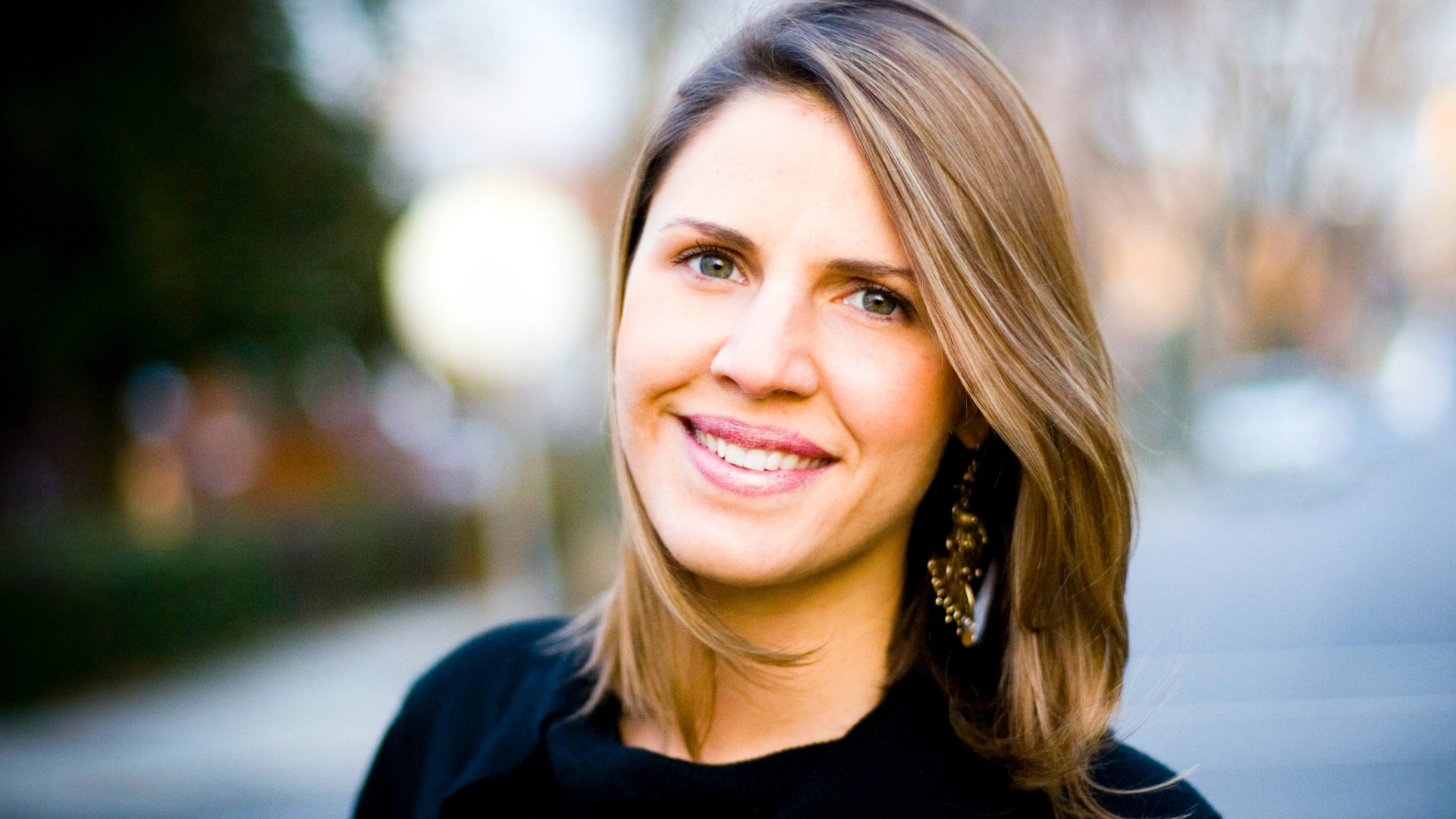The other morning, on the subway ride from my home in gentrifying Brooklyn to my office on Wall Street, I read, with interest, New York Times conservative (and Catholic) columnist Ross Douthat's thoughts on why (some) conservatives like Lena Dunham's work—and, particularly, her HBO show Girls, which begins its fourth season this year.
CT's managing editor Katelyn Beaty wrote about what the show says about 21st century womanhood for the magazine last year. In writing about what anyone who's heard of the show knows—it contains sex scenes of a sort we're not accustomed to seeing on TV—Beaty says:
. . . the sex scenes in Girls are uncomfortable, for both the female characters and the viewer—a disturbing look at relationships in a pornified culture, where many young men take their sexual cues from fantasy and have never learned how to date a real woman.
Douthat (who refers to the show's conservative fans as “reactionaries”) says as much, and explains:
The thing that makes Dunham’s show so interesting, the reason it inspired a certain unsettlement among some of its early fans, is that it often portrays young-liberal-urbanite life the way, well, many reactionaries see it: as a collision of narcissists educated mostly in self-love, a sexual landscape distinguished by serial humiliations—a realm at once manic and medicated, privileged and bereft of higher purpose.
I too watch the show, partly because I am also among its demographic, having shuttled around Brooklyn to chase the rapidly-decreasing places where an artist (or, in our case, an artist married to a writer) can afford to live for the past eight years. The show's coffeeshop is actually a pizza place my husband and I love and walk by on the way home from church every Sunday. Its myriad laundromats and bars and warehouses and streets are places we know. One episode (the one where Hannah stays at a stranger's swanky brownstone for a weekend) was shot three doors down from us, before that neighborhood got too expensive for us.
I'm glad Girls is far more realistic than the silliness of Sex and the City; at least its characters actually do struggle with normal New York things, like mental illness and paying the rent. And I mostly agree with Douthat: the show skewers what he calls the results of “expressive individualism,” following Robert Bellah: “the view that the key to the good life lies almost exclusively in self-discovery, self-actualization, the cultivation of the unique and holy You.” We 20- and 30-somethings can thank everyone from the Mad Men era on down for this inheritance.
In his book The Malaise of Modernity, Charles Taylor also talks about the almost moral weight of this expressive individualism (which he calls “the ethic of authenticity”)—that is, today there is almost no universally-held belief that a person must do one thing or another, no sense of duty, except one: that you must “find yourself” and be true to yourself.
Everything in pop culture and high culture—and, in a lot of cases, church culture—screams that you need to figure out who you are and how you can best express your individual humanity, and this sole duty carries almost a moral weight. You are cheating yourself (or God) if you don't. Taylor, who is certainly conservative, isn’t as down on this as many; he argues that this has its upsides and its pathologies, but in any case it is a feature of our time.
Girls certainly expresses what this looks like in a world where there's no other moral duties except those you set for yourself. Douthat argues that this is why “reactionaries” like the show—because it illustrates this imperative and its pitfalls. As many commentators have noted, the characters' overriding problem is a sense of anxiety: they are anxious about themselves, their relationships, and their jobs and money, certainly, but they are far more anxious to make sure they are finding out who they are, whatever the cost. Most of the show's plot conflicts derive from this anxiety.
That's all actually rather a relief to people my age and younger, who can watch other young people bowing under the weight of this obligation to self-actualize, without any of us really having a sense of what that means or where it came from.
But here is where I think Douthat gets it wrong, and it might explain why the show actually crosses political lines, at least among younger viewers. He says this:
I’m quite sure that Dunham does not intend the reading I’ve just offered. More likely she agrees with Elaine Blair, whose New York Review of Books article chided the show’s “nervous” liberal critics, and praised “Girls” for depicting the ways in which, thanks to the sexual revolution, “all of us can know more people in more ways than was ever previously allowed,” with “the ultimate prize to be wrung from all of these baffling sexual predicaments” being “a deeper understanding of oneself.”
I’m not so sure. Or rather, I’m not sure that Dunham agreeing with this necessarily means she doesn’t also agree with Douthat’s sense that the show is about “a collision of narcissists educated mostly in self-love, a sexual landscape distinguished by serial humiliations—a realm at once manic and medicated, privileged and bereft of higher purpose.” (It’s an interesting gap in reading, not necessarily attributable to generational causes, since Douthat and I are close in age.)
I don’t have the space or time to do a deep contextual read on the show, but here’s why this struck me as slightly off.
I am also a big fan of Portlandia, a show that takes to a comic extreme a similar sort of ethic of authenticity or expressive individualism—this time, the hipster-ism that thrives in the cities of the Pacific Northwest, but also here at home in Brooklyn, where the idea of having an artisanal lightbulb shop or putting a bird on everything is not eyebrow-raising. (And just two blocks down from that pizza/coffee shop is a pickle shop where they do, indeed, pickle everything—I bought a gallon on the way home from church on Sunday.)
Portlandia is itself a product of a culture in which one can skewer something without suggesting it is actually bad, as long as it is an “authentic” way of being. We portray something and laugh at it, but we don't see it as an indictment of that lifestyle; viewers of Portlandia I know have routinely chuckled about whether or not they ought to ask for their free-range chicken's name while eating the chicken. (And it turns out the restaurant featured in that pilot, The Gilt Club, has seen an uptick in business.)
I know Lena Dunham is no conservative in any sense of the word, nor is she Christian at all. But I do think there is an element of self-awareness to Girls that suggests she knows her portrayal is both a skewering of a culture and a love letter to it.
It's possible that it acts as a working out of anxieties about that conflict and its absurdities. If we all feel it, and we all see someone feeling it on screen, at least we can feel less alone.
I don’t know that the fans of the show necessarily see it this way, but Dunham has proven herself to be a smart, self-aware writer in this show as well as her other work, including the pre-Girls film Tiny Furniture. What she writes lives in a tension that most “millennials” don’t see as a conflict.
The show is both satire and a sort of comfort to those it is satirizing; there's no explicit call (as of yet) to put aside any particular behaviors. To use Taylor's term, there aren't any "moral horizons" beyond being an authentic person.
But then again, seeing your own follies on screen can be enough to make a person shift in her seat uncomfortably, feeling exposed. For instance: Dunham's character Hannah famously announces in the pilot to her parents, who are cutting her off financially now that she's been out of college for two years, that “I think I might be the voice of my generation. Or at least a voice of a generation.”
In a world where any of us can be “Internet famous” pretty easily, Christian or not, this sort of statement makes you (me) laugh—and then wince a little. Hannah is no hero. The statement is both ridiculous, coming from Hannah, and also at least mostly true, coming from Dunham. A double-layered truth. And though I have no way of knowing this for sure, I suspect Lena Dunham is smart enough to know that, and also young enough to feel no conflict about it.

